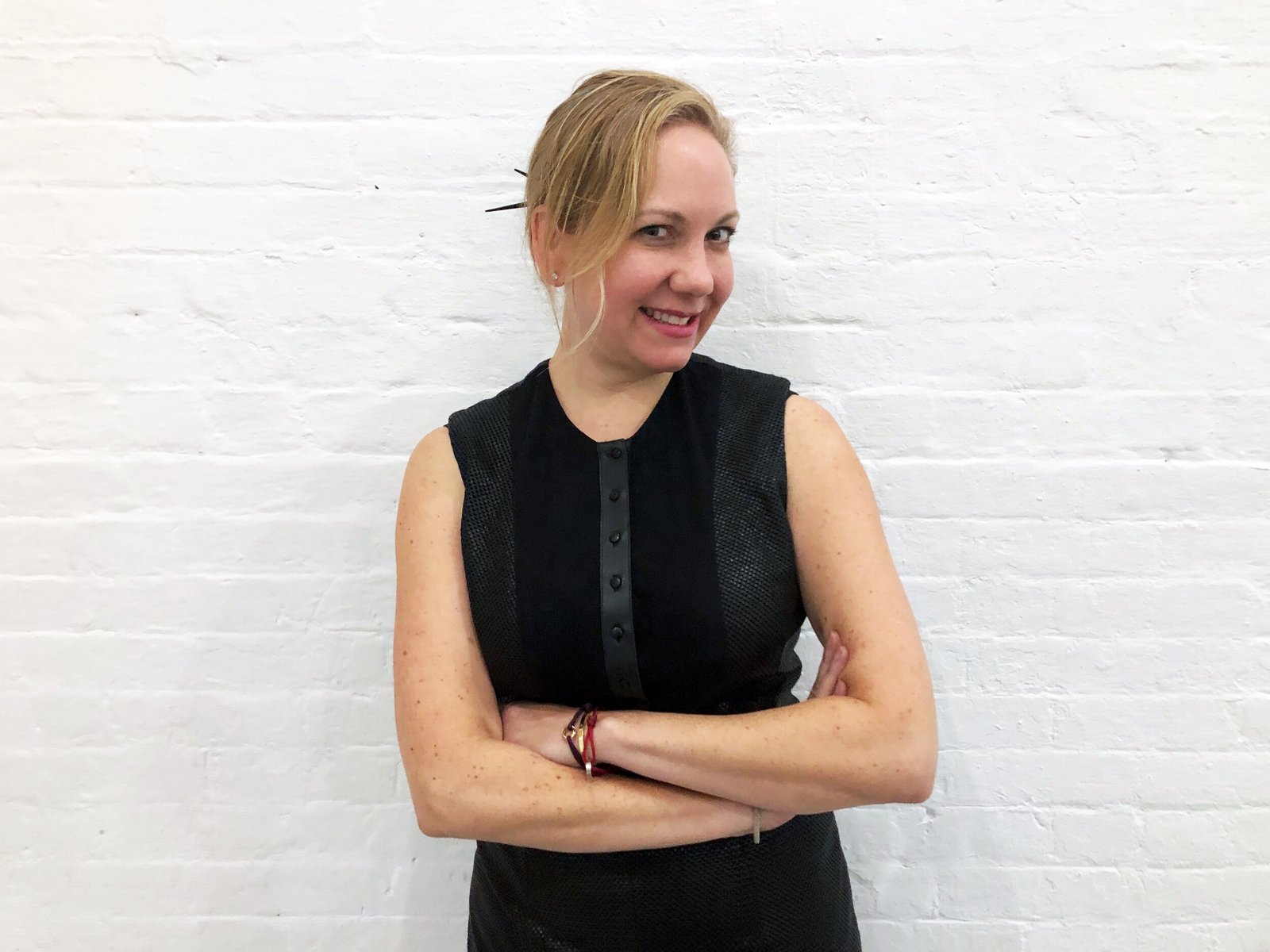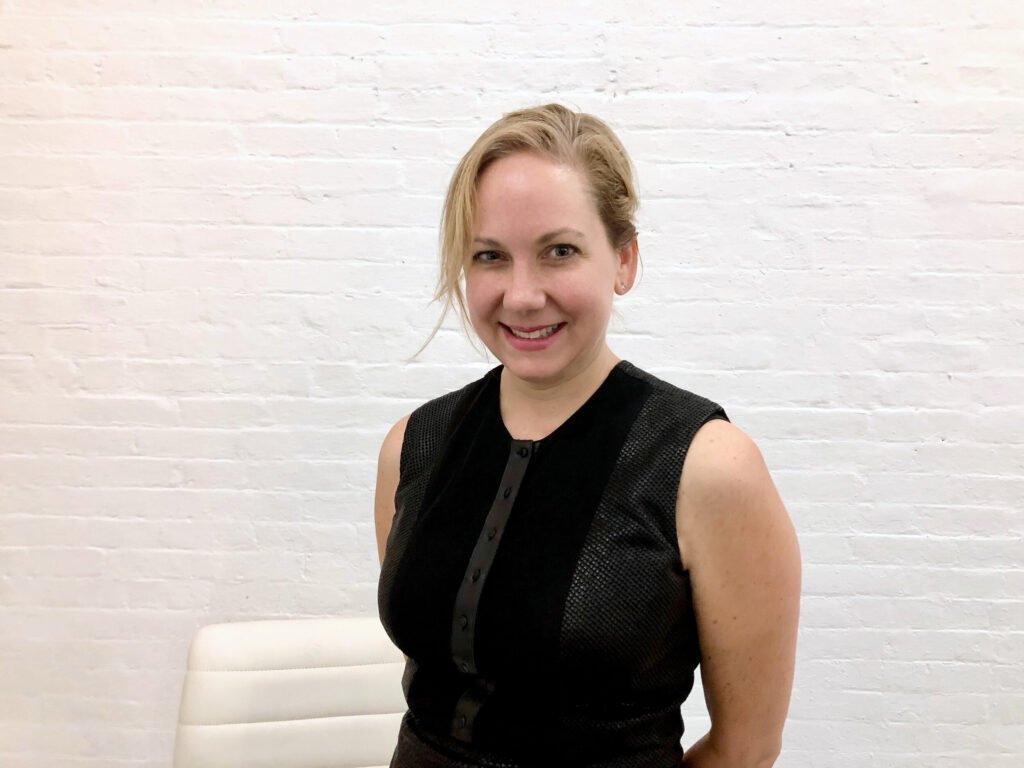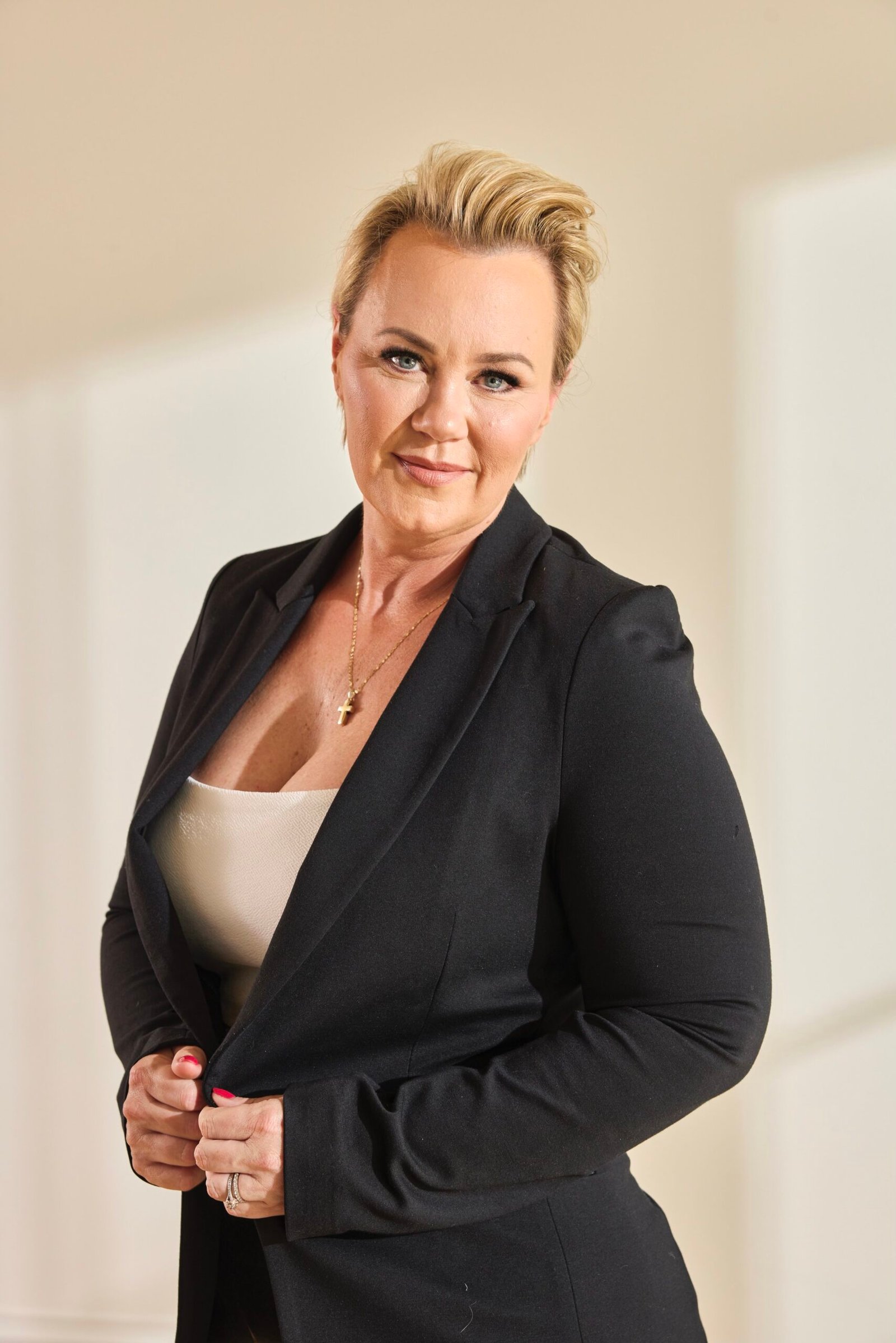
I recently went one on one with Lynn Power. Lynn is co-founder and CEO of MASAMI, a premium clean haircare brand, and the former CEO of J. Walter Thompson NY.
Adam: Thanks again for taking the time to share your advice. First things first, though, I am sure readers would love to learn more about you. How did you get here? What experiences, failures, setbacks or challenges have been most instrumental to your growth?
Lynn: I spent 30 years in the advertising industry after getting a job as a receptionist out of college (I wanted to go into the FBI but there was a hiring freeze!) I found that I loved the business, especially the ability to work on lots of different brands. By 2014, I had worked my way up to become the CEO of J. Walter Thompson NY, a very large global “legacy” ad agency, but I felt unsatisfied. I was spending my days on bureaucracy and administrative tasks like HR, finance and legal rather than doing what I loved — building brands. I realized it was time to take back control of my life. So, in 2018 I decided to leave the advertising industry. I actually started a brand consulting business with a partner that was highly fulfilling, working primarily with early stage. But then I met my co-founder, James Hammett, in the summer of 2018. He had spent most of his career in haircare at Clairol, and had been working on creating clean, high performing haircare formulations for almost 10 years. I tried them and was blown away (and I’m a tough customer!). We decided to partner together and MASAMI was born. It took us about 18 months to develop the brand, the packaging, the go-to-market strategy. And we officially launched in February 2020 at New York Fashion Week. Of course, launching right before the world went into lockdown for Covid was not in the plan, but it taught us to be super flexible and we pivoted away from salon partnerships to focusing on our DTC business and creating content.
Adam: What are three things everyone should understand about marketing?
Lynn:
There is no silver bullet (unfortunately). I talk to a lot of founders who are always looking for the one thing that will make their business an overnight success. And while you do occasionally hear about the brand that was put on the map by a celebrity tweet, it’s much more about all of the pieces working together to drive your business. You need to have the stomach to be active across your customer funnel – find things that will help drive awareness but also activities that will drive conversion. We use Pinterest to drive traffic and discovery whereas Google is much more of a conversion channel.
Content is critical. You don’t need to have a huge budget to create content, but these days, it’s an “always on” requirement. Ideally, you can create videos and longer form content that can be cut down into soundbites so you can find other ways to leverage your content across multiple channels. But know that you will need a lot of it. You can also leverage user-generated content which can really help, although not all consumer-generated content is equal.
Marketing is really not a “nice to have”, it’s a “need to have”. If you want to grow your business, understand your customers and create a cohesive story, you need to support marketing efforts. Some of the founders I’ve worked with over the past few years didn’t always see the value of marketing and they wondered why they struggled with a highly disjointed message and challenging pipeline. This doesn’t mean that marketing has to be expensive – there are a lot of things you can do on a limited (or no) budget, like podcasts, blogs, partnerships, giveaways, livestreaming and more.
Adam: What are three things people who work in marketing should understand?
Lynn:
Your brand positioning. You should be able to tell your story in a few words, in a sentence or in a paragraph. Having that discipline is critical.
Your audience. This can be a bit of a moving target sometimes. For MASAMI, we initially thought we were targeting 30ish beauty-involved female HENRYs (High Earners Not Rich Yet) in urban areas. And while we have some of those consumers, many more of our customers are over 40, have major hair issues, are pregnant or are men. So, you need to go where the data takes you and adjust your messaging accordingly.
Your ROI. Marketing really shouldn’t be seen as “fluffy” – it’s much more effective when you can directly point to the results, whether that’s awareness, engagement or sales.
Adam: What are your best tips on the topics of advertising and branding?
Lynn:
Have a clear brand positioning and brand story. This will help differentiate your brand, help align the organization around the vision and help set the content strategy. Many times I’ve found that different people in the company (even very small companies) will have very different ways of telling the story but yet they are all convinced they are aligned. A good exercise is to audit the team’s understanding of the brand positioning, the vision and the values. This can be illuminating.
Tell the “chapters” of your story in the appropriate channels (don’t just cut and paste the same content everywhere). A good content strategy will align media and consumer behavior with the content. For example, you might post recipes or hair tips on Pinterest or on an Instagram Story, but not on LinkedIn or in an Instagram Post.
Be prepared to share the story behind the story – the founder, the origins, the background. Consumers want to know who they are dealing with, not a nameless, faceless organization. Many founders are uncomfortable being the face of the brand, so you can decide just how visible you want to be. It can be as simple as putting your picture and bio on the website where it’s easy to find or if you’re more of an extrovert, you can be livestreaming or pitching the media yourself.
Be ok with experimentation. MASAMI Is on several new livestreaming and social selling platforms, including FlipFIT, ShopLIT Live, Spin Live, ShopShops and Tuli. We also just started a Clubhouse room for Founders over 50. You can’t be afraid to try out different tactics to see what works for you, and then double down on the ones that are performing. We call it planting seeds. You should plant a bunch and see which ones sprout.
Adam: What is your best advice on building, leading and managing teams?
Lynn: It’s so important to have a team that trusts each other and gets along. Otherwise, the dysfunction can be distracting for the business. It sounds like stating the obvious, but you need to find people who complement you and are aligned with your vision and core values. This means that you need to not only be self-aware enough to understand your own strengths and weaknesses, but you also need to know what capabilities the company needs to be successful. If you’re a DTC business, this might be SEO or digital acquisition expertise. Or you might need a finance ninja. Or a logistics expert. Ensure that everyone’s roles and responsibilities are clearly understood (especially important for remote working) and give people clear goals to work towards. I like to do weekly team meetings so that there is a chance for everyone to connect, even if it’s just on the priorities for the week.
Adam: In your experience, what are the defining qualities of an effective leader? How can leaders and aspiring leaders take their leadership skills to the next level?
Lynn: These days, it’s not enough to have the skillset to lead a company, you need to have “modern” leadership skills – like empathy, collaboration and transparency. This requires more of an EQ mindset to truly listen to your employees, your customers and your partners. Leaders need to be ok with being vulnerable and know that ultimately, they will have a more engaged team if they are willing to show their “human” side. This is a bit different from the confident, authoritative leaders of the past but given the myriad of issues a leader has to deal with (from Covid to cybersecurity issues to “Me Too” moments), you really need to connect on a deeper level with all of your team. One easy way to gauge your leadership style is to ask for direct (or anonymous) feedback. You might be surprised to find out that perceptions are not always reality. For example, when you thought you were being approachable, others saw you as being intimidating. This type of self-audit can really help unlock your ability to tune into the broader team and ultimately, create more engagement.
Adam: How can leaders effectively foster innovation and creativity?
Lynn: Innovation can come from anywhere and the best leaders know that. Make a point of meeting people outside of your industry regularly. The most creative people are really great at connecting the dots – taking an idea from one business or problem and applying it another. So, taking the time to get different perspectives and encouraging ideas from your all levels of your team (not just the ones responsible for innovation) can lead to some amazing thinking. And then, make sure to recognize this thinking – it’s a way to share the “wins” and encourage more of them.
Adam: What are your three best tips applicable to entrepreneurs, executives and civic leaders?
Lynn:
Build a network. It’s so helpful to have advisors, mentors and peers that you can count on to bounce things off of and get a fresh perspective from. I have a regular group of other female founders that connects, shares and sometimes just vents. You can also utilize platforms like Lunchclub or Currnt to meet people you might not otherwise meet (both free to join!)
Build your credentials. This means being more active about putting yourself out there, whether it’s as a guest on podcasts, doing livestreams or blog posts. You can also try guest posting on relevant blogs and media outlets– which not only helps build your expertise but also helps with SEO.
Learn how to prioritize. For me, it was about saying no more often and being more mindful about where I spent my time. It’s really easy to get sucked into all of the little day-to-day things but you need to also keep your eye on the bigger picture to ensure you’re moving the business forward. It’s really about finding balance.
Adam: What is the single best piece of advice you have ever received?
Lynn: Never ever get a perm. I still have cringe-worthy pictures of my bad 80’s hair. I wish I had listened. . .
Adam: Is there anything else you would like to share?
Lynn: Being an entrepreneur is really really hard. No one tells you just how tough it can be when you’re having bad days, when you have no money left in your account or someone on your team quit or you were rejected from the retailer you’ve been pursuing for months. But the good thing is that there is always another day and most of the time, it will get better. The key is just to keep going forward.








